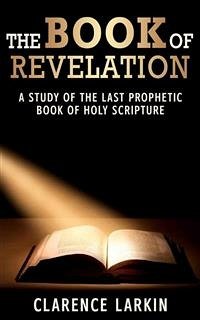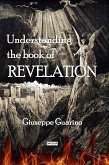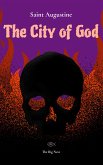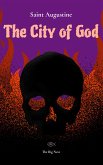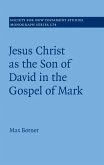A book of the New Testament that occupies a central place in Christian eschatology: the epistolary, the apocalyptic, and the prophetic This is the Rev. Clarence Larkin's guide to the Book of Revelation. Larkin, who published several books about biblical studies in the 1910s and 20s, was a 'Dispensationalist,' one of the threads of modern Evangelical Christianity. The predecessor of Larkin is J.N. Darby, the founder of Dispensationalism, and among his many successors are Hal Lindsay, and the Left Behind books. Unlike more recent authors, however, Larkin does not make any claims to know when or exactly how the prophecies will unfold. Rather he takes us on a grand tour of the Apocalypse of St. John, and guides us through its images, symbols and poetry. Larkin sorts out what could be a reference to an actual event or person, (without attempting any particular association) and what is pure symbolism. Larkin uses bold type extensively for emphasis, as well as some superb 'visual aids' in the form of intricate charts and maps. Contrasted with other prophetic books such as Nostradamus and the Sibylline Oracles, Revelation has a consistent narrative with a beginning, middle and end. It is also one of the essential sacred texts and required reading for anyone interested in religion. This book will be a welcome reference for anyone studying or trying to explain Revelation, whether or not they are Dispensationalists.
Bitte wählen Sie Ihr Anliegen aus.
Rechnungen
Retourenschein anfordern
Bestellstatus
Storno

